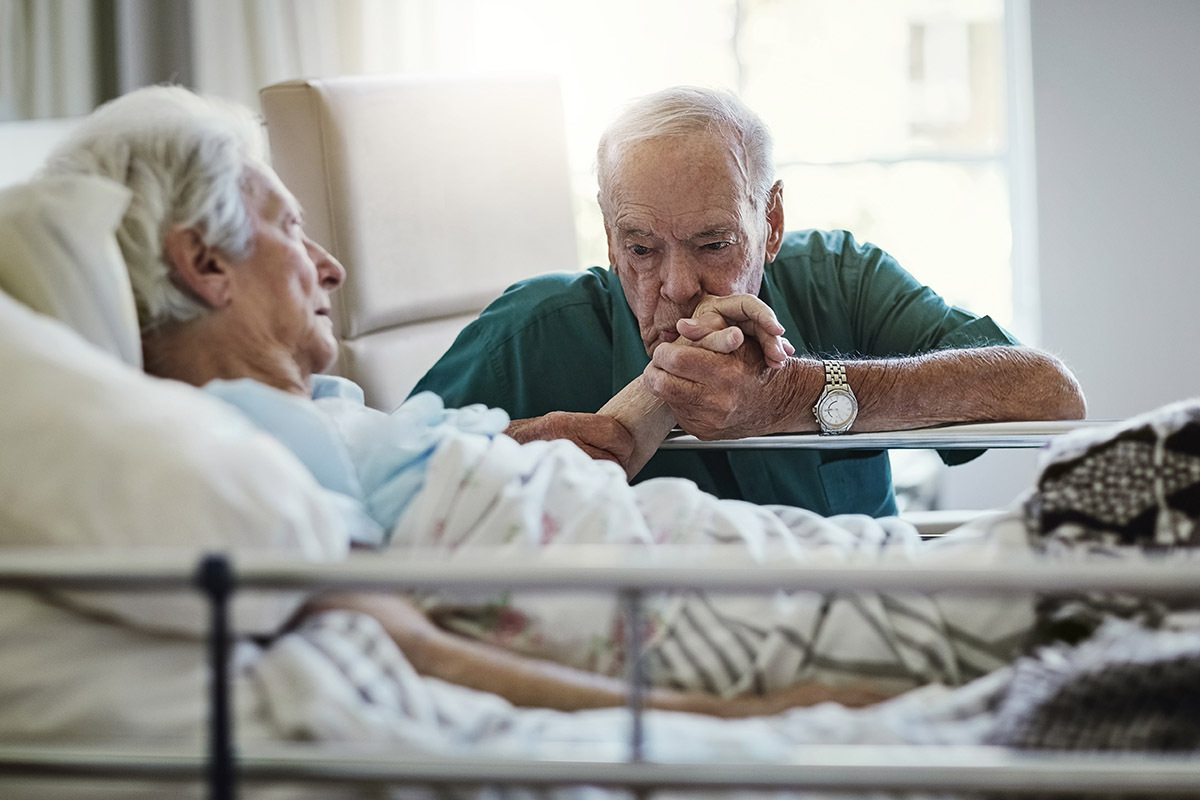Landmark project to investigate why thousands of Australians are missing out on vital medical treatment


Imagine suffering from deafness, a mouth cancer or cataracts and not being able to get the medical help you so desperately need. Unfortunately, this could be the sad reality for many ageing Australians from culturally and linguistically diverse backgrounds.
In an effort to improve access to healthcare, the Centre for Social Impact at Flinders University (CSI Flinders) is investigating barriers faced by older, culturally and linguistically diverse (CALD) Australians – made possible by an important Health Seed Grant from the Flinders Foundation .
Focusing on dental, vision and hearing conditions, the $25 000 Health Seed Grant is the first stage of a collaborative project to identify potential innovations to make current aged care services more culturally and linguistically inclusive.
With more than 1.5million Australians born overseas, and about one-fifth speaking a language other than English at home, it’s clear our ageing population is becoming increasingly diverse. Research shows that CALD Australians over the age of 65, experience higher levels of disease compared with non-CALD communities, suggesting current models of health and social care are incongruous with this group’s multifaceted healthcare needs.
Lead investigator, Dr Madhan Balasubramanian and his team, will examine these inequalities by looking into disease prevalence, health service utilisation patterns and trends of some of the most common conditions associated with ageing, including tooth decay, gum disease, oral cancers, cataract, glaucoma and deafness.
“Many of these conditions are entirely preventable if addressed with appropriate medical treatment. It’s distressing to think that these preventable conditions make everyday life extremely difficult, impacting older Australians’ ability to eat, socialise and communicate independently,” Dr Balasubramanian reveals.
“Prevention and early diagnosis of these conditions can make a huge difference for both the older individuals whose quality of life is suffering and the health system at large. However, compounding structural, cultural and attitudinal challenges mean that older CALD Australians are less likely to engage in preventative health activities, leading to higher levels and more complex experiences of poor health.
The 18-month study is an opportunity to develop improved engagement and preventative healthcare strategies for older CALD Australians.
According to Professor Svetlana Bogomovola , Deputy Director of CSI at Flinders University, the prevention and early intervention of health conditions for older CALD Australians is more important than ever.
“Population trends shows that this issue will affect more and more people. More of us have culturally diverse backgrounds and more of us are getting older and need healthcare,” she explains.
“If you are unwell, the last thing you need is a healthcare system that doesn’t understand your cultural needs. And this is the reality for an increasing number of Australians with migrant backgrounds. Cultural and linguistic barriers are preventing them from seeking help in the current healthcare system until it’s far too late.”
The study aims to understand how to meet the emerging needs of older CALD Australians, who are not living in residential aged care, such as having home delivered services, reflecting culturally relevant health behaviours, and catering to the preference to live with family members or independently, as opposed to residential aged care settings.
Researchers from CSI Flinders will also investigate the issues that emerge when these needs aren’t met by examining not only the prevalence and trends of the diseases, but also by estimating the disability adjusted life years (DALYs) lost due to these conditions. On top of that the study will look at patterns of health service utilisation among older CALD Australians to identify gaps and challenges in service provision related to dental, vision and hearing conditions.
This will enable researchers at CSI Flinders to paint a more detailed picture of the nature of inequality in service access for Australia’s ageing population.
In addition to pinpointing strategies for prevention and early intervention, findings from this study also have the potential to inform future research opportunities into more specific, targeted innovations that make implementation possible.
This will ultimately equip us to help improve the lives of older CALD Australians by delaying the onset of functional decline and building greater capacity for independence and social engagement for happier, healthier and more inclusive ageing.
CSI Flinders researchers: Dr Madhan Balasubramanian, Professor Svetlana Bogomolova and Dr Rong Zhu.
Research collaborators: Dr Jyoti Khadka from the College of Nursing and Health Sciences/Caring Futures Institute and South Australian Health and Medical Research Institute , as well as Dr Christopher Harrison and Dr Julie Gordon from the University of Sydney, Faculty of Medicine and Health.
